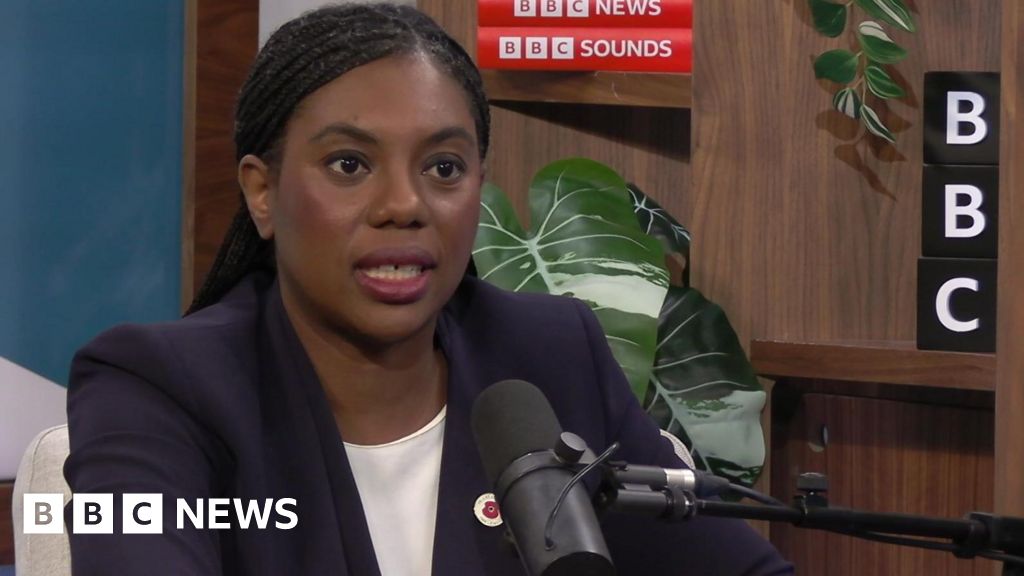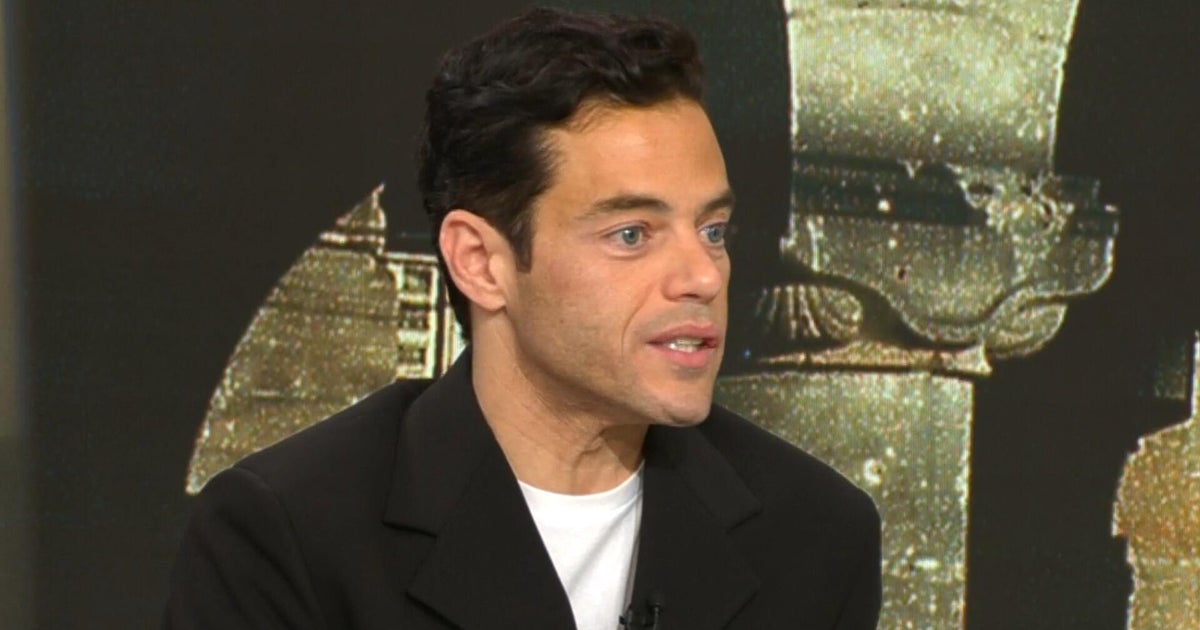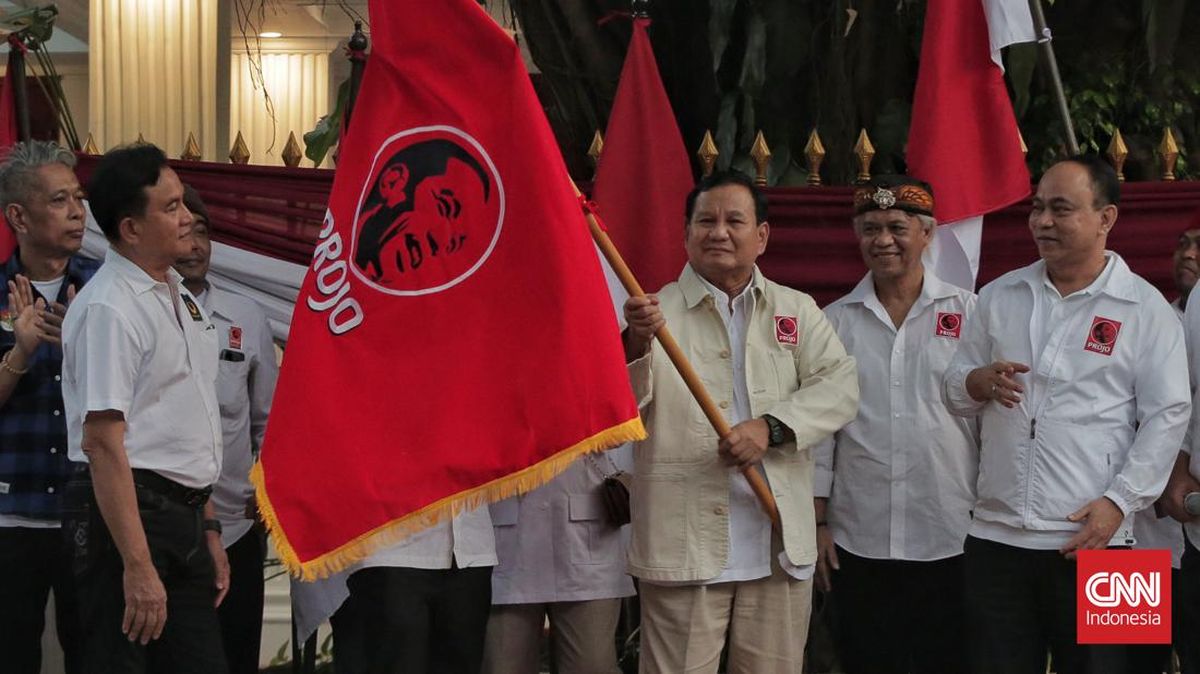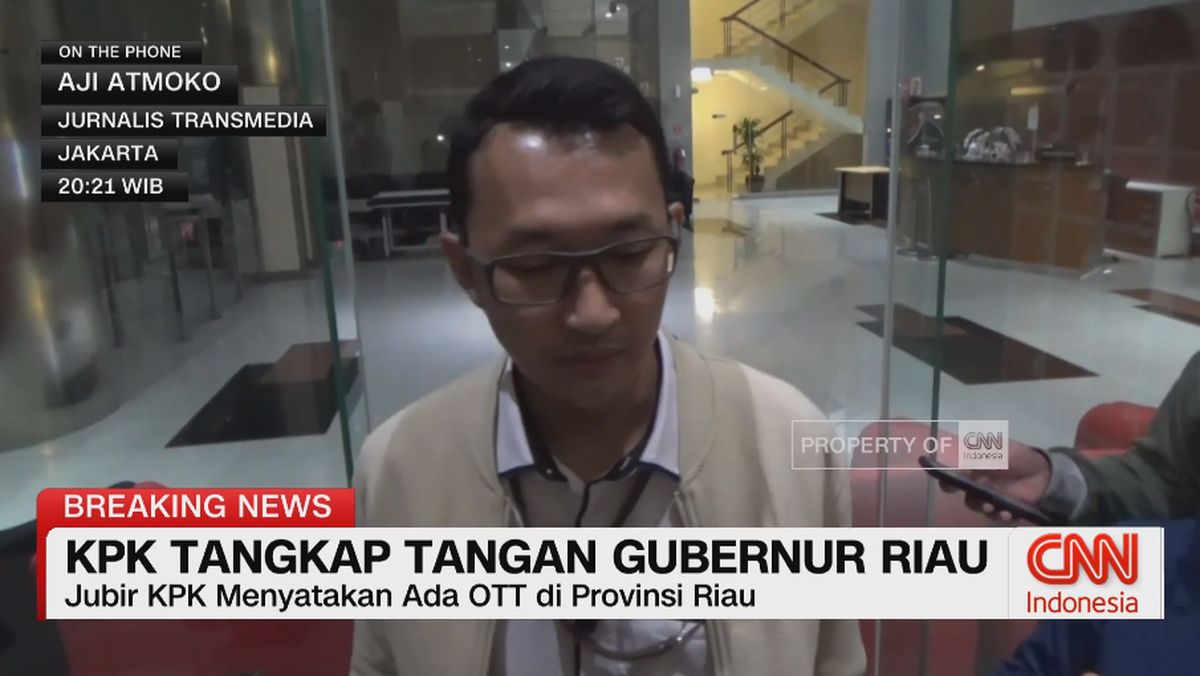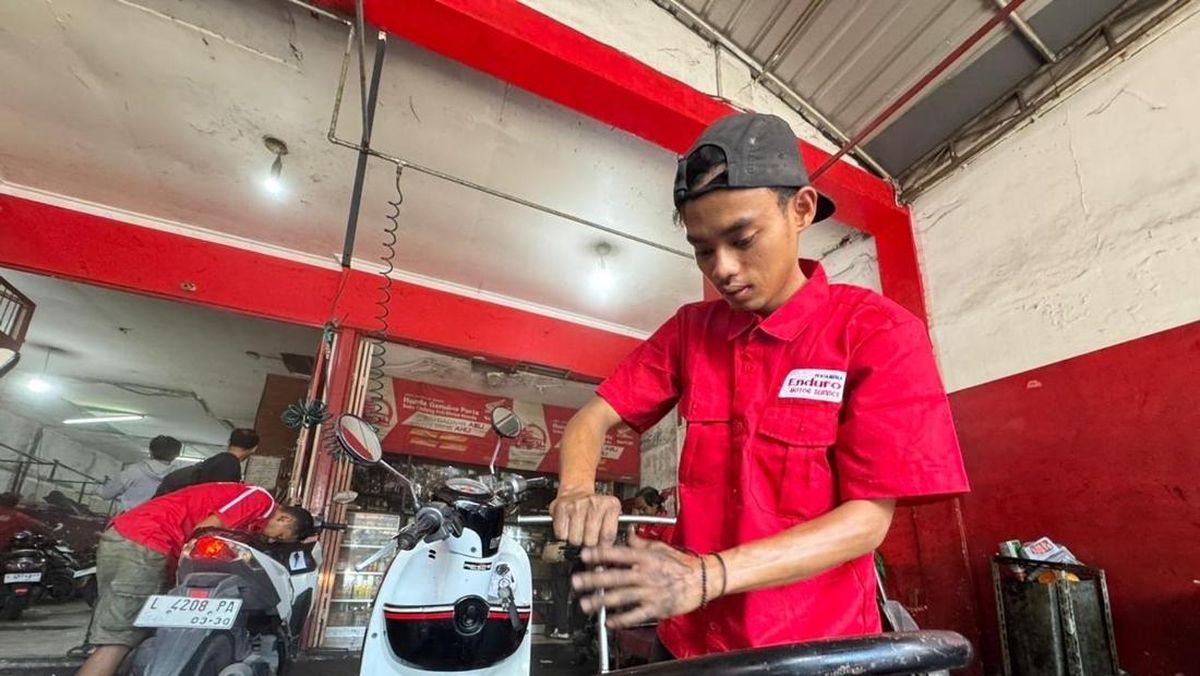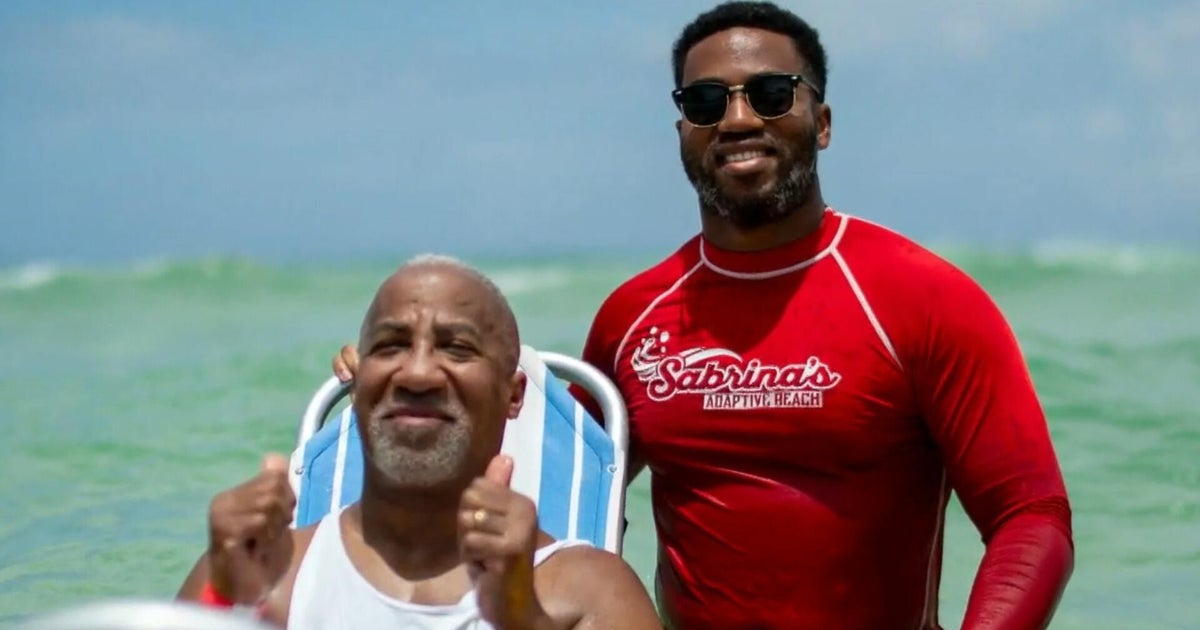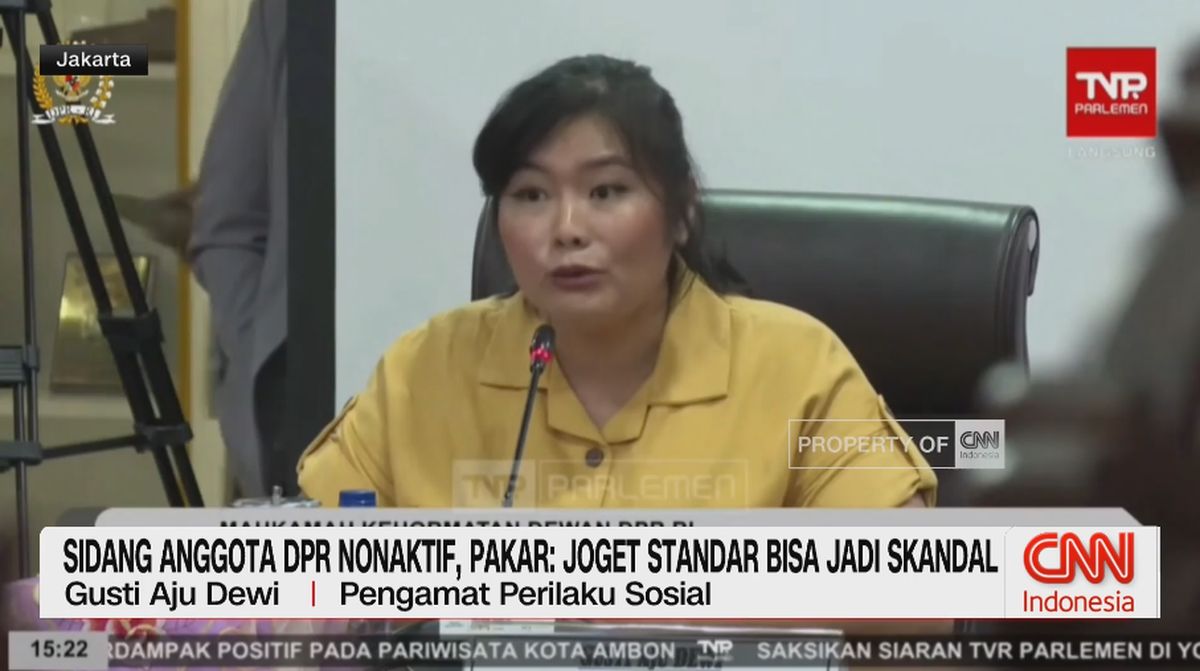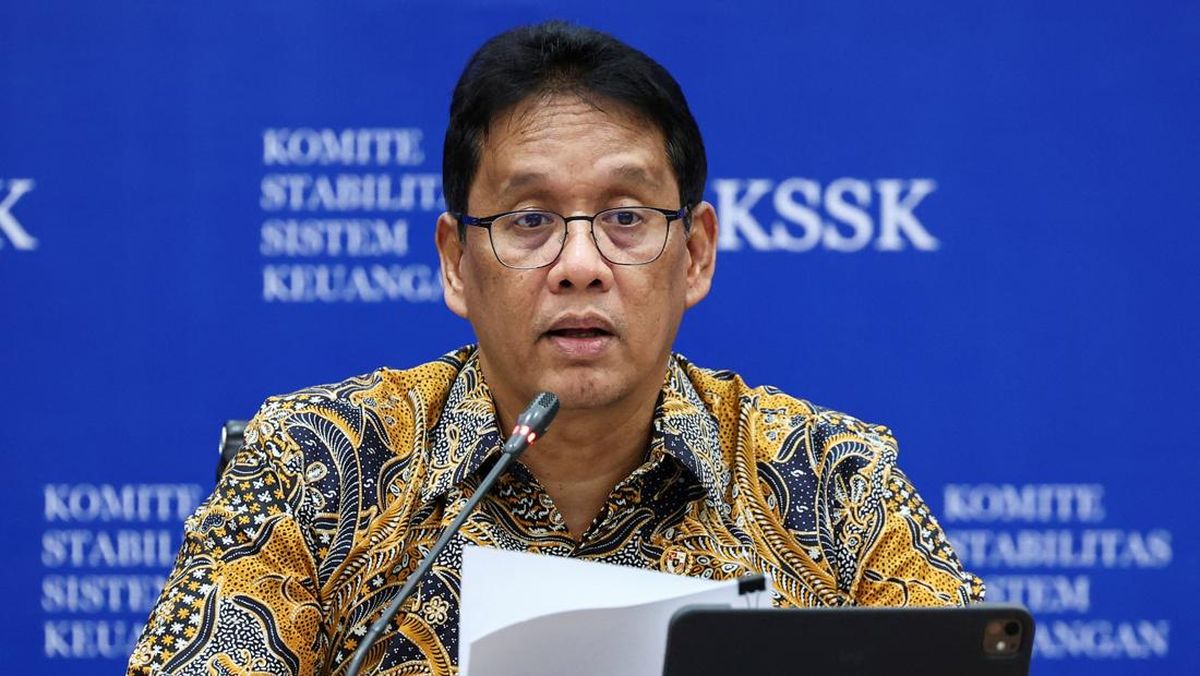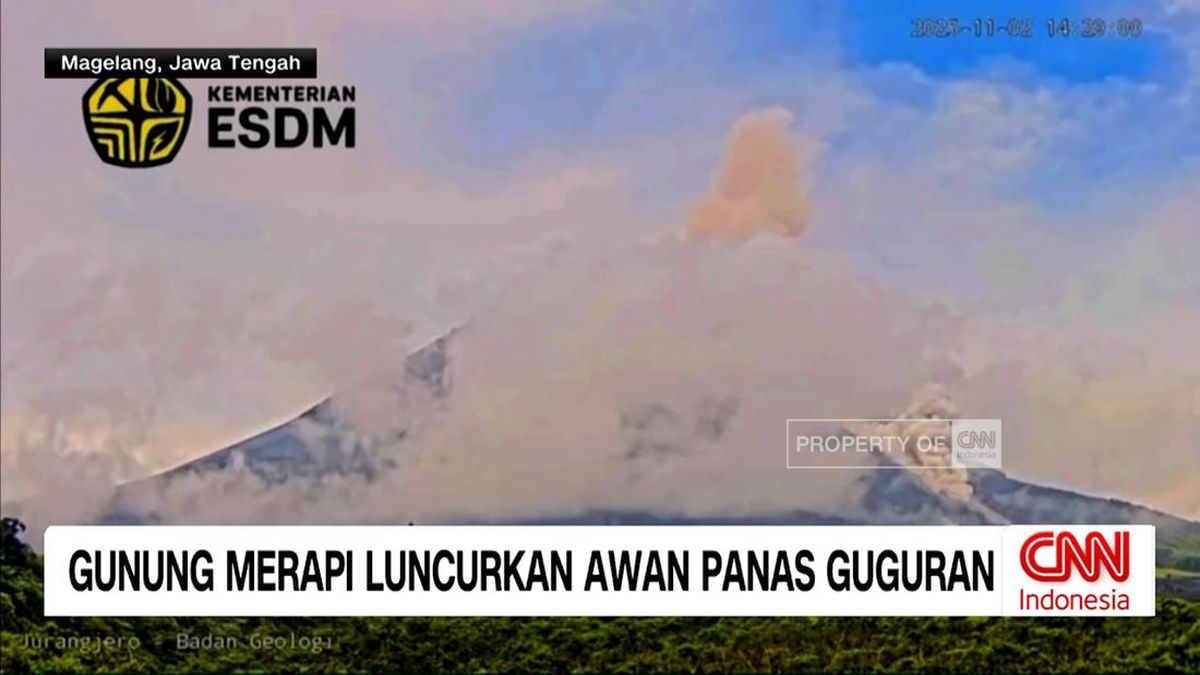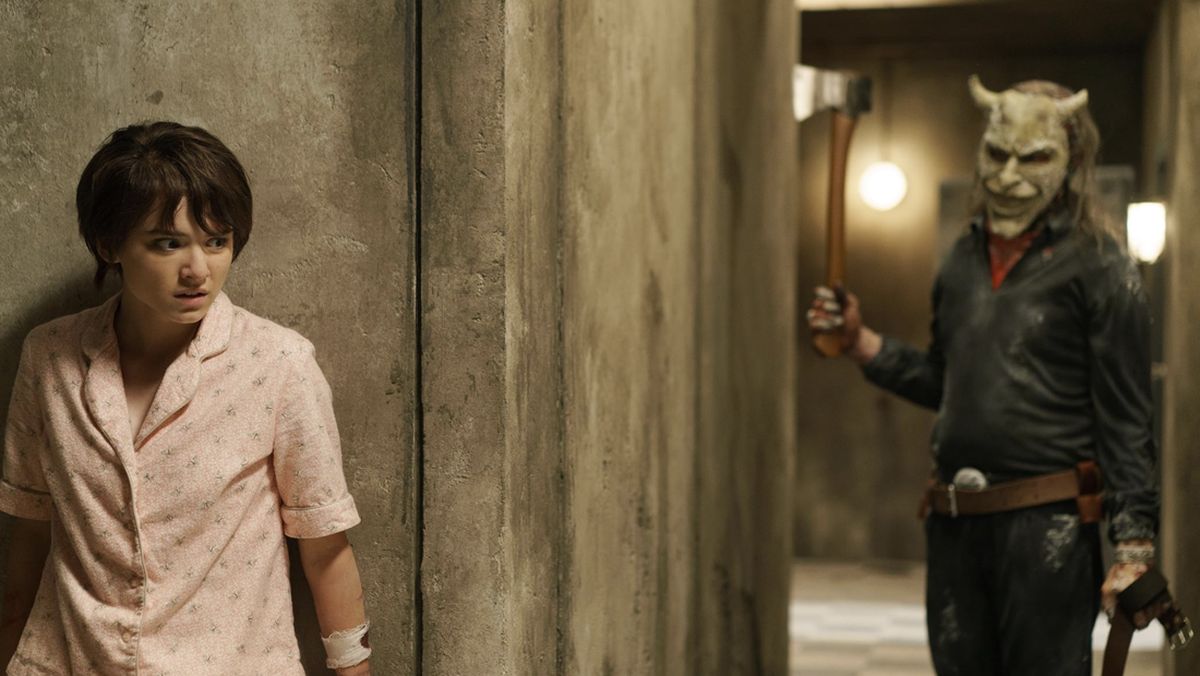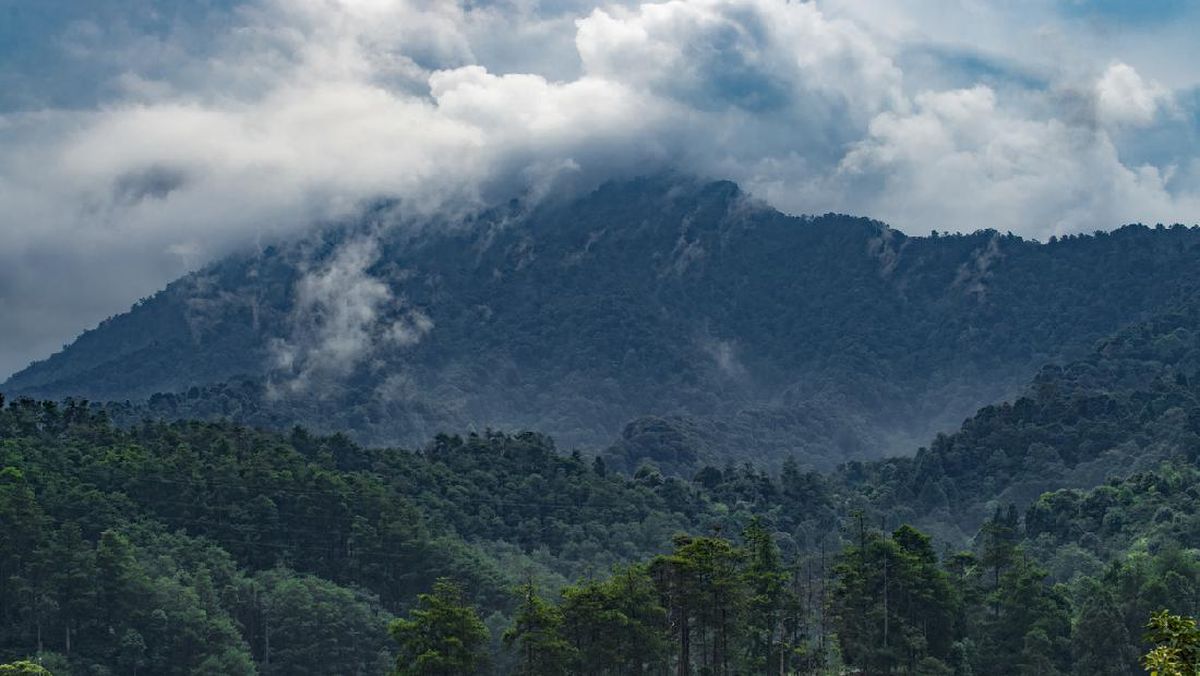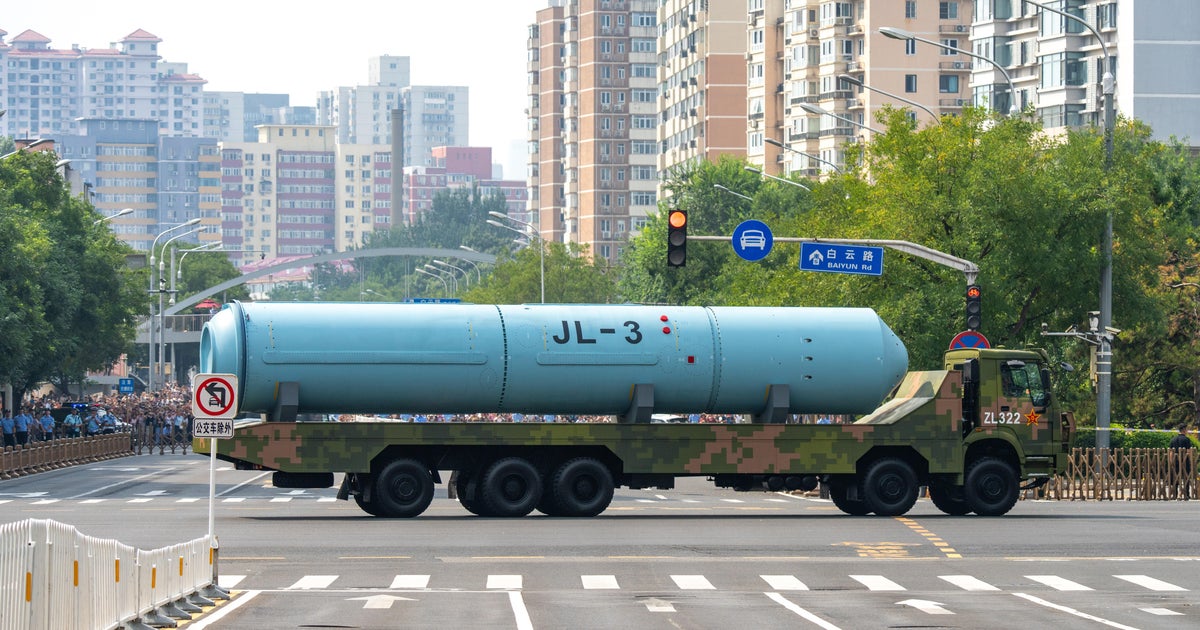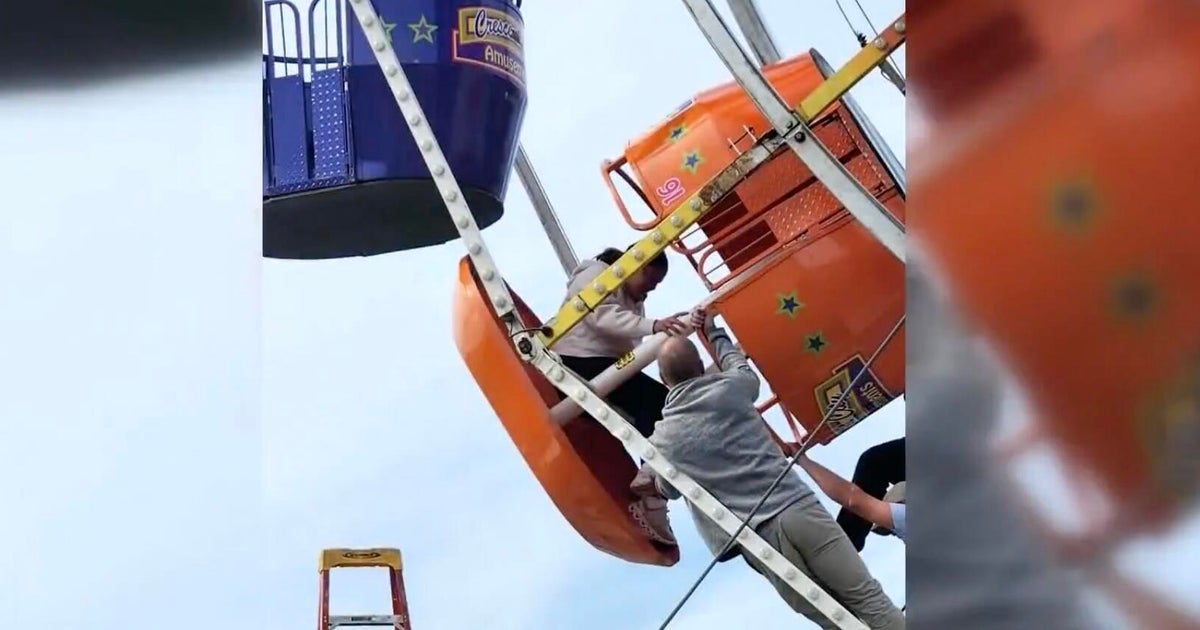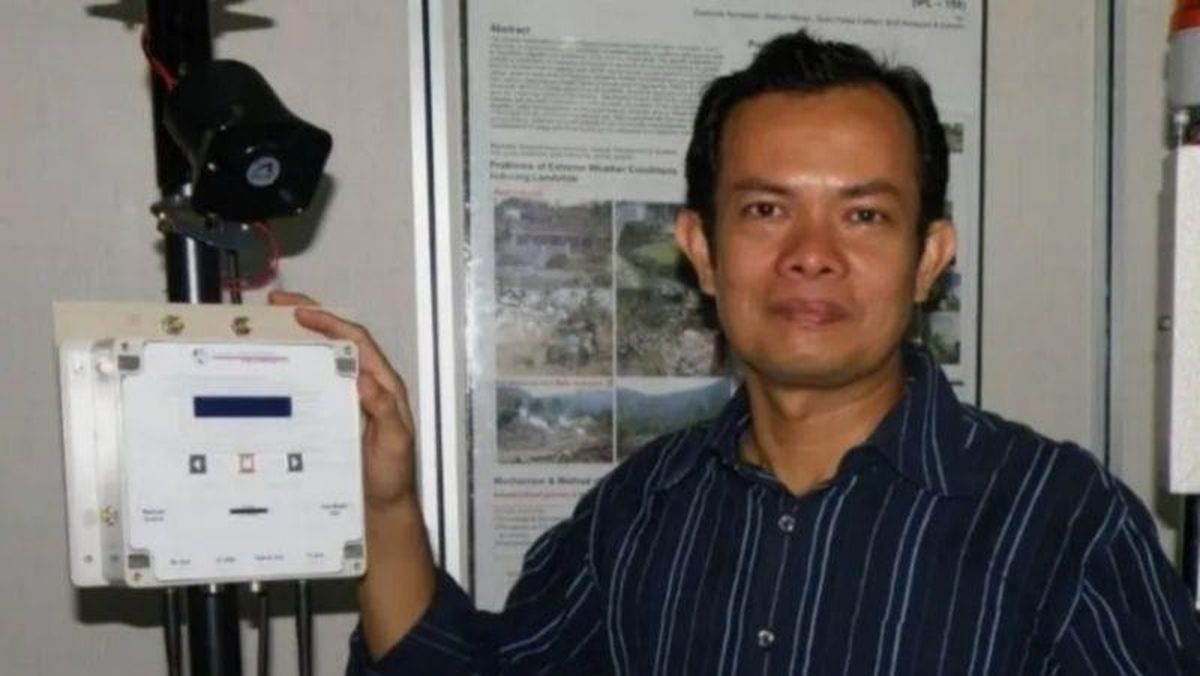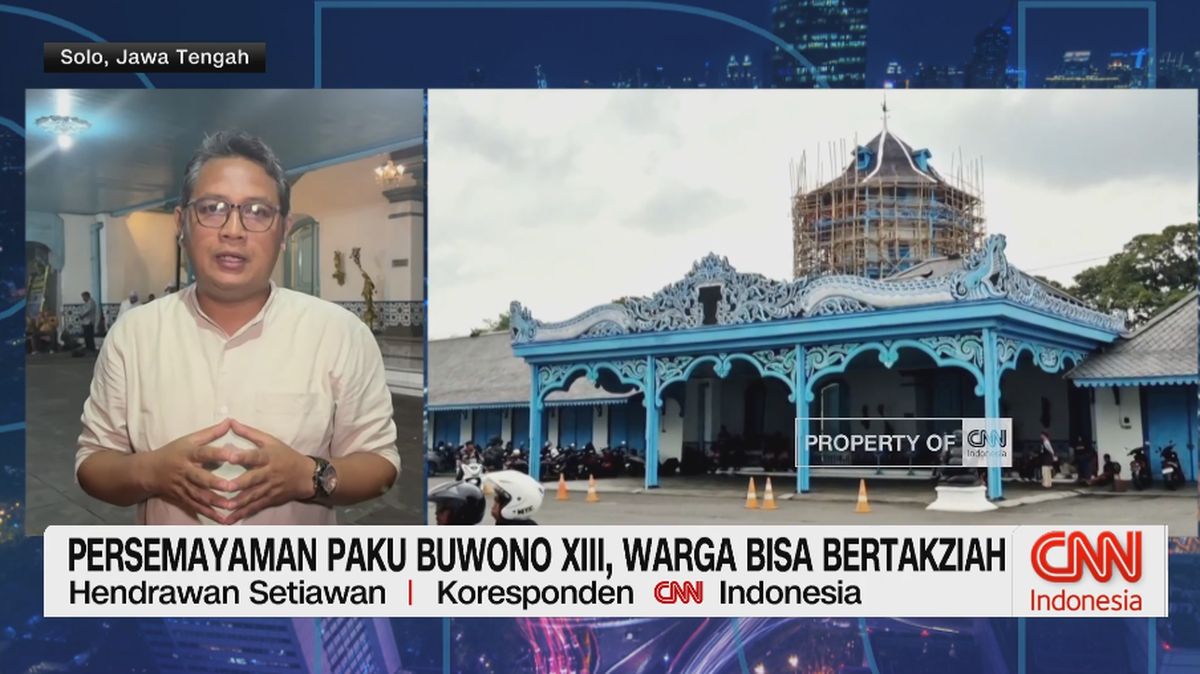The Nationals’ rejection of net zero policy is not just a setback for climate action; it is a symptom of a deeper malaise in Australia’s two-party-dominated system (“Nationals officially dump net-zero climate target”, November 3). By entrenching coal-friendly obstructionism within the Coalition, the Nationals have effectively vetoed meaningful progress on emissions reduction despite broad public support for ambitious targets. This exposes how minor parties with outsized influence can paralyse national policy on important issues. Australia could look to Europe’s multi-party coalition models, particularly Germany’s, for a more mature and effective path forward. In Germany, grand coalitions between the centre-left and centre-right parties have delivered stable governance and landmark climate reforms. These alliances sideline fringe voices while forcing compromise between mainstream parties, producing durable policy rather than ideological gridlock. Labor and the moderate Liberals should explore a similar grand coalition. This could isolate climate denialists in the Nationals and One Nation, marginalise the Greens’ extremism and unlock bipartisan support for a credible net zero pathway. This is not about abandoning principles – it’s about governing responsibly. Australia’s major parties once co-operated on gun reform and superannuation. Climate demands the same pragmatism. Australians deserve a coalition of the sensible centre to deliver climate policy. Han Yang, North Turramurra

Credit: Cathy Wilcox
In abandoning net zero, the Nationals have not only betrayed their base but also sent a clear message to regional voters about where their true loyalty lies. There can now be no doubt – it is with the mining companies and not the voters, who are suffering the consequences of climate change. The next election is now an IQ test for regional voters. Keith Binns, Goulburn
The Nationals are stuck in a global warming culture war started by Tony Abbott and continued by Scott Morrison and Barnaby Joyce. They may retain many of their regional seats through a scare campaign against climate action, but it will certainly consign the Coalition to the opposition benches for a long time. Most Australians accept climate change as a fact and want governments to take strong action. Bipin Johri, Epping
As the National Party continues its campaign against the rational development of renewable energy, their spokespeople are backing their position by quoting from a recent publication from the Page Research Centre titled “Delivering a High Energy Australia”. The centre is named after Sir Earle Page, an extraordinary surgeon, politician, entrepreneur and an early adopter driven to continuously improve the technology and systems he worked with. He would have understood the sources and consequences of anthropogenic global warming, its effects on agriculture and human health. I imagine he would be surprised at the opinions now being published by an institution that bears his name. Marjorie Sutcliffe, The Rocks
Just wondering if “net zero” refers to the number of seats gained by the Coalition at the last federal election, the number of its coherent policies or Sussan Ley’s chance of remaining its leader? Craig Jory, Albury
The Nationals’ decision to walk away from strong climate action is the ideological tail wagging the policy dog. Mark Wills, Northcote (Vic)
IDF technicality
Supporters of the Israel Defence Forces claim civilians in Gaza are warned when a bombardment is imminent (Letters, November 3). Among those forewarned would be any Hamas fighters present in the threatened area, who logically would evacuate with everyone else. This renders the bombing purely punitive and retributive, which surely constitutes a war crime. Barry Wooldridge, Harden
Correspondent Athol Morris repeats the usual mantra of IDF supporters, claiming they are not terrorists because “numerous steps are taken to warn civilians to escape attacks before they happen”. I have just two questions: Escape to where? What is left to escape to? John Ure, Mount Hutton

An Israeli tank moves towards the border with Gaza.Credit: Bloomberg
Can we stop repeating this furphy that Israel is somehow being moral when it warns civilians of its intention to level a city block? The unfortunate inhabitants are left with nothing but their lives, eking out an existence amid the rubble, wandering constantly until their tent in a “safe zone” is bombed – without warning. John Christie, Oatley
Athol Morris claims the Israeli military warns Palestinians before bombing – like a random paper drop 10 minutes before obliteration. The IDF is all heart. Paul Stephen, Yamba
DV: Blame antagonists
Marina Wilson’s views on preventing domestic violence are wrong in so many ways it’s hard to know where to start (Letters, November 3). Putting the blame on women for not de-escalating conflict with a violent controlling man and reviving the old chestnut “why doesn’t she leave?” is not helpful. Calming an angry, irrational and possibly drunken man is next to impossible. Why not suggest that the man, as the larger, stronger partner, should learn to control his temper and modify his behaviour? And leaving the family home, along with children and pets, is easier said than done, especially if your partner has control of your bank account and the car keys and is prepared to track you down via electronic devices. It’s well known, too, that the most dangerous time for a woman is immediately after she’s left a violent partner. Doing so puts her and her children at terrible risk and too many have died in the attempt to create a new life (“Man arrested after mother found dead”, November 3). It would be much fairer if violent men were severely punished and, at the least, evicted from the family home and prevented from returning, but, somehow, this is never suggested. The onus is always on the victim to somehow control the crime. Merona Martin, Meroo Meadow
Marina Wilson, yes, it’s better to defuse a potentially dangerous situation and pick a safe time to escape. But it would be safer to leave the situation before the yelling and screaming even starts. I realise trying to do so may also be dangerous, and there may be kids to consider. So, yes, to appease is often best and, when ready, and if feeling unsafe, leave for good. A young woman once told me she loved coming home after work, but knew others who dreaded it. I wonder what the numbers are? Jennifer Fergus, Croydon
I’m sure I am among many who gasped in disbelief at your correspondent’s exhortation to women to “stay smart” when confronted with domestic violence. The only advice that should be given is to the abusive men: “Be a real man and don’t use violence – against women or anybody else.” To put the onus on the “physically weaker person” to “defuse” the situation is victim-blaming at its worst, and simply relieves perpetrators of their accountability. Lu Sierra, Cammeray
For a person with professional experience in domestic violence cases, Marina Wilson shows a lack of understanding. She paints a simplistic picture of two people arguing, both equally implicated in the conflict, but domestic violence is a complex pattern of power and control. Rather than suggest women placate men, perhaps she could advise men to stop perpetuating patterns of abuse. Louise Sorbello, Leichhardt
Kudos to Karens
Well done, Claire Heaney, for speaking out for “good Karens” everywhere (“I’m becoming a Karen – a good one”, November 3). Wait until you have a parent in aged care. Then you will see how years of practice all lead to your life’s true vocation as you fight for the survival of someone you care about. They may call you Karen to your face, or Squeaky Wheel behind your back, but you will wear it as a badge of honour because you know that you are doing your job well. Jenni Stapleton, Kiama
Excessive car parking a recipe for gridlock
I refer to the Herald’s story about new developments in the eastern suburbs (“The eastern suburbs homes and the sinking feeling that has residents on edge”, November 3). I would have thought anyone with half a brain would see that parking spaces available in new apartment blocks in the Double Bay and Rose Bay area should at least be halved, considering the gridlock traffic along New South Head Road at all times of the day, not just at peak hours as used to be the case. While sitting in traffic this week an ambulance with its siren blaring was stuck behind me for ages, unable to tend to an emergency. It’s not what the city needs. By the time the numerous apartment blocks in that area currently under construction are completed, people will just have to walk to get anywhere. Lesley Brown, Paddington

Woollahra Council wants to discourage excavation works in new multistorey apartment projects. Credit: Steven Siewert
It’s not only Woollahra Council that needs to be worried about damage caused by excavations in new developments. Heavy rain earlier this year caused a significant landslip at the rear of two adjoining buildings in my neighbourhood. Just a few months before, the Land and Environment Court had approved a development application under which buildings comprising 20 apartments would be demolished and excavation would be done down seven levels to provide for car parking for five new luxury apartments. The City of Sydney says it has no power to review, in light of the landslip, the decision to permit a major excavation on the site. Despite the fact nearby owners raised concerns about this very risk before the development was approved, the onus will apparently now be on them to pursue the developer if cracks suddenly start appearing in their buildings. Ross Duncan, Potts Point
As a young surveyor in the 1960s, I recall carrying out land title searches of the Double Bay area where the charting map for the area had in bold letters written “Not Fit For Habitation”. Denny Linker, North Sydney
The good doctor
I had the privilege of working for Dr John Ward as his administrative assistant and I developed great respect for his extensive knowledge and empathy for the disadvantaged and elderly (“Legal barrier to assisted dying ‘cruel’, says doctor”, November 3). I would urge MPs to listen carefully to what he has to say about euthanasia. During my time working with him, I typed up many letters addressed to the person’s GP or specialist and I was in awe of his thorough approach in examining the patient, listening to them, listening to family and/or carers and assessing all of their medications and care. I will never forget Dr Ward and how much of a positive impact he had on anyone he dealt with. The topic of end of life care is one that needs input from those who work directly with the people affected. David Scotman, Medlow Bath
Going nowhere
It’s been another bad weekend on public transport. There were no Metro services at all (including through the City), no trains on the City Circle line, reduced North Shore services, finishing at Wynyard, lane closures on the Harbour Bridge and quite a few light rail services were cancelled. As one poor woman exclaimed as more people pressed to get on the tram: “Stop pushing! I’ve got nowhere else to go.” If this level of co-ordination is typical of Transport for NSW, we will be lucky to see the Metro extension open before 2030 (“Extended delay for Metro’s final stage”, November 3). Doug Walker, Baulkham Hills
‘Free’ time
Workplace expert Professor John Buchanan is on the money when he suggests that many employees are “doing a significant amount of unpaid work” (“Putting in the hours: Australia’s most gruelling jobs revealed”, November 3). I know many white-collar workers who, like myself, have fallen into this habit. It’s nothing new and it has been occurring for decades. Working from home has also added to the workload. Many employees will just log on to their computers and do some work after hours to “catch up”. The nine-to-five work routine is almost dead. I believe it’s time to start seriously considering a four-day working week. Con Vaitsas, Ashbury
I started reading the Herald’s analysis piece thinking it would be about golf. If I may add another profession to the list of demanding jobs: As pharmacists, my husband and I sometimes worked 60-hour weeks and kept up to date with our profession in our spare time. Geraldine Doyle, Yass

Many employees work more hours than they are paid for.Credit: Pexels
Small business people, specifically takeaway food shop owners, must surely be contenders for the most gruelling job title. There was a takeaway shop right outside Kings Cross Station gates that closed recently. It was mostly staffed by one woman who worked alone from 6am until after 6pm, seven days a week, year in year out. It was the cheapest decent cup of coffee in Sydney and she was fast, selling coffee and sandwiches to people rushing for the train. I wish her well. Keith Brookes, Rushcutters Bay
One vital job has been missed. Being a parent of a baby or young child is at least an 84-hour week, supposing that the baby sleeps for a total of 12 hours a day, which mine never did. Even when the baby is asleep, parents often use that time to catch up on chores, so the weekly hours could conceivably soar to 126 or more. But perhaps this role doesn’t count as it’s a voluntary position. Margaret Grove, Concord
Infusion reigns supreme
Jill Power’s quest for better teacups in nursing homes (Letters, November 3) should extend to the cafes of Sydney, where my so-far fruitless “Campaign for Real Tea” lists numerous offences – teapots and milk jugs made by “Bastards Inc” that dribble onto the table rather than into the cup, the pots of tepid water supplied in which to drown a cheap teabag, and barely squeezing a cup and a quarter from minuscule teapots. Who drinks only one cup? Long live real tea. Stein Boddington, St Clair
Public enemy
Jim Killen didn’t just direct his barbs to those on the other side of the chamber (Letters, November 3). Liberal prime minister Billy McMahon once said: “Sometimes I think I’m my own worst enemy.” Without pause, Killen interjected, “Not while I’m alive.” William Galton, Hurstville Grove
- To submit a letter to the Sydney Morning Herald, email [email protected]. Click here for tips on how to submit letters.
- The Opinion newsletter is a weekly wrap of views that will challenge, champion and inform. Sign up here.

